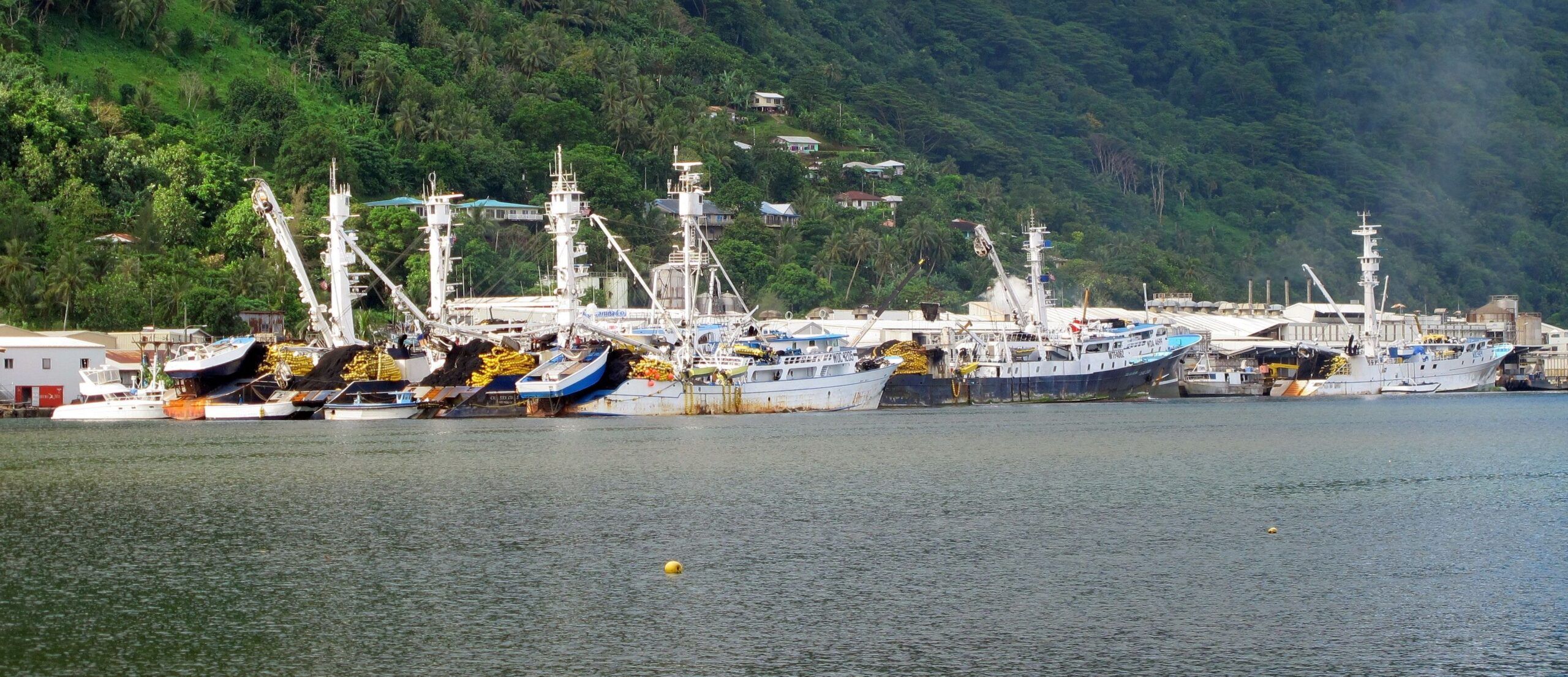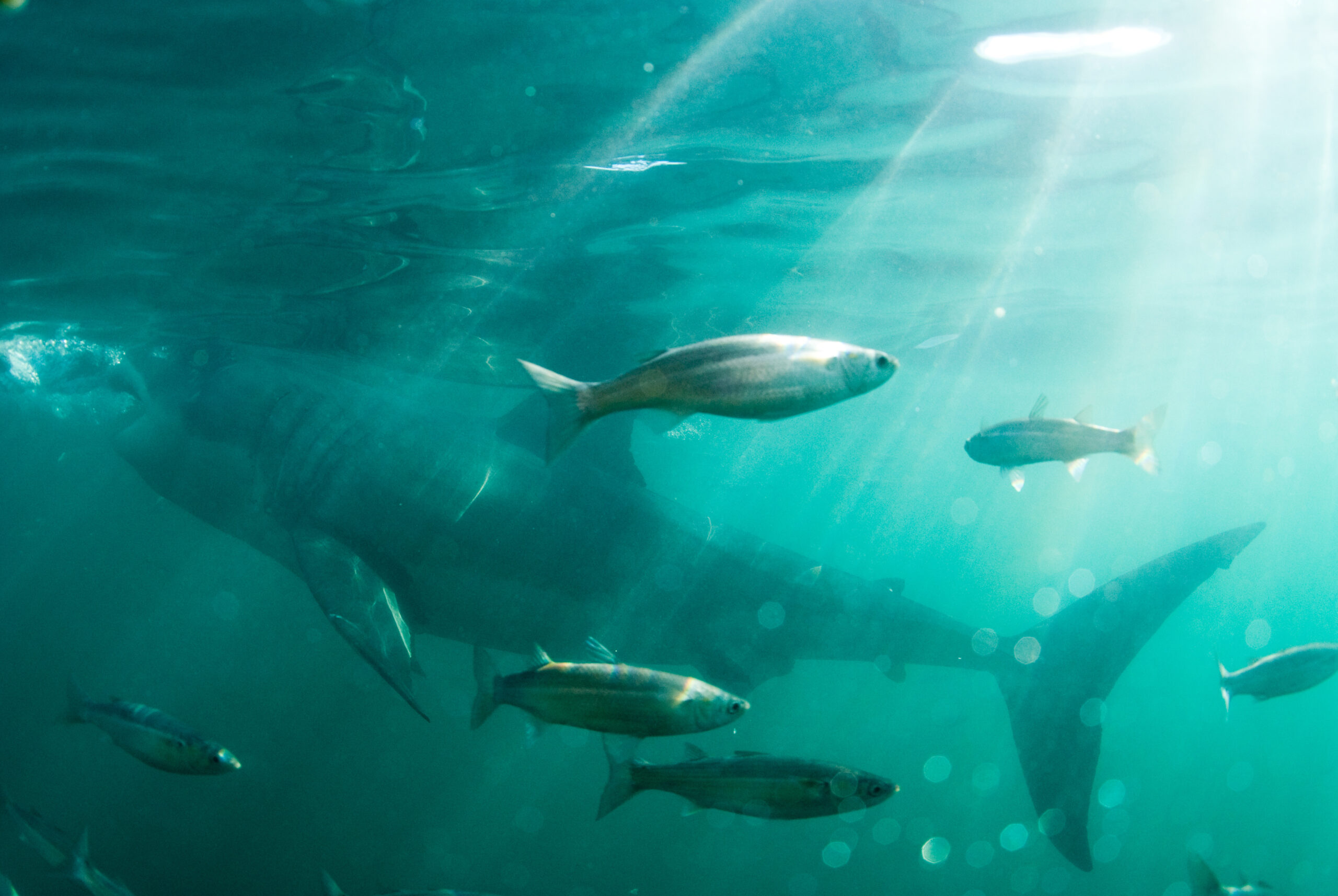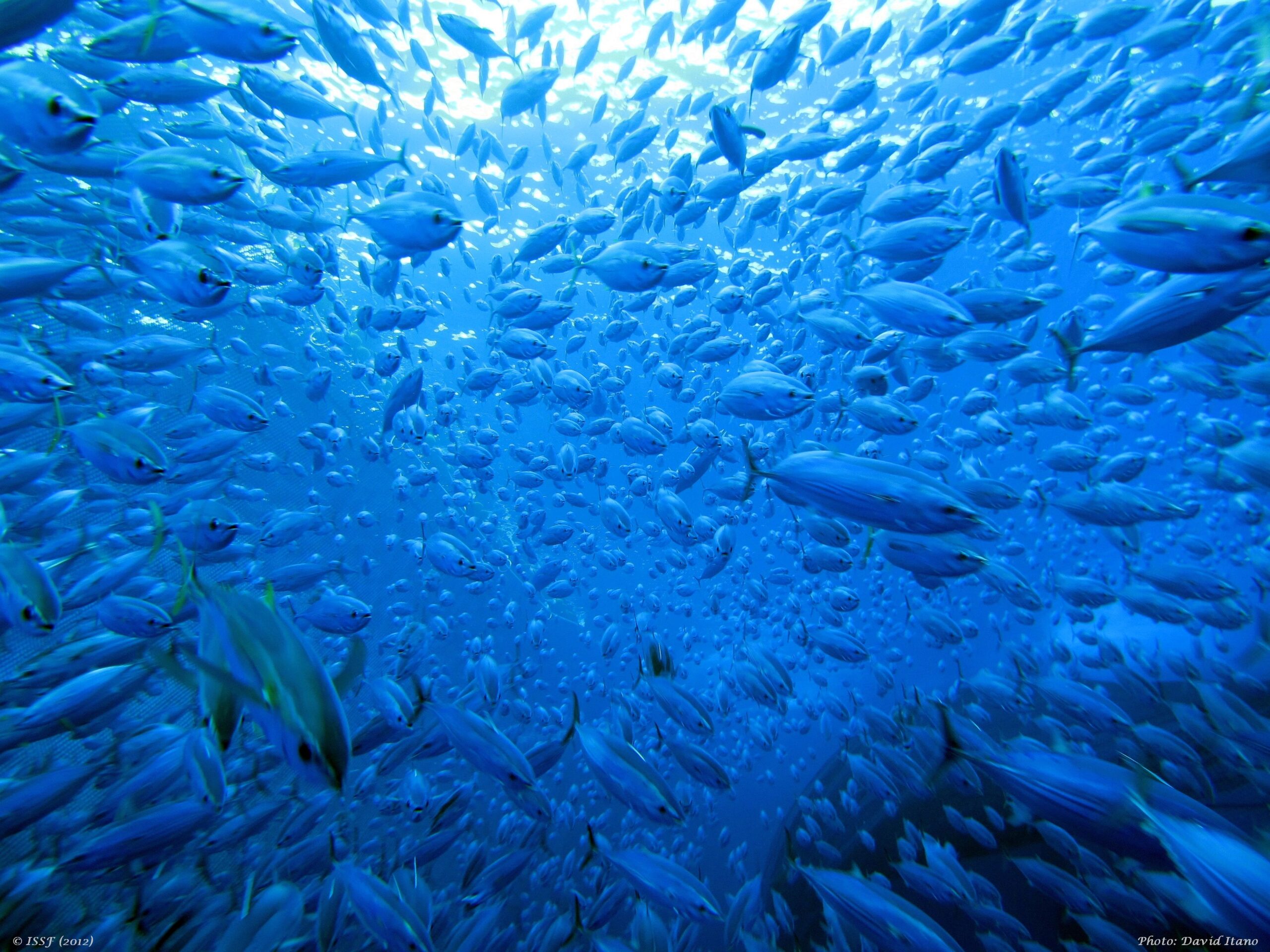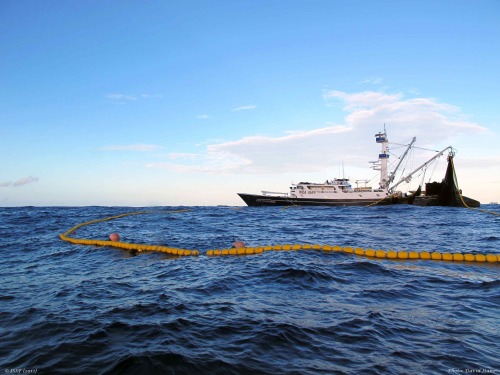Priorities for Atlantic Ocean Tuna Fisheries | Improving Compliance Processes at RFMOs
Featured News
ICCAT Position Statement
ISSF has outlined top “asks” for improved management of Atlantic Ocean tuna fisheries in its position statement for the International Commission for the Conservation of Atlantic Tunas (ICCAT) 28th regular meeting next month.
The statement leads with a call for action on continued improvements to ICCAT compliance processes, and it covers additional topics in these categories:
- Tuna Stock Conservation
- Fish Aggregating Device (FAD) Management
- Electronic Monitoring and Reporting and Observer Coverage
- Transshipment Regulation
- Effective Management Procedures (Harvest Strategies)
- Bycatch Mitigation and Shark Protections
- Capacity Management
Featured Resource
RFMO Best Practices Snapshot — Compliance Processes
This “snapshot” identifies best practices in compliance processes, and then shows the progress of each tuna regional fisheries management organization (RFMO) in implementing those practices.
Featured Blog
Helping Fisheries Managers Better Monitor and Enforce Requirements for Member States
What good are regulations if they’re not followed? Why adopt policies without a strong plan to monitor adherence to them?
In an era of greater expectations for transparency and accountability, these are the questions stakeholders are increasingly asking of RFMOs. For tuna fisheries, a vital, global food source and economic engine, those expectations are especially heightened.
ISSF’s Holly Koehler, VP, Policy & Outreach, reviews how a group of policy experts is supporting RFMO efforts to strengthen compliance processes.
ICYMI
ISSF 2023-2027 Strategic Plan: Continuously Improving Global Tuna Fishery Sustainability
Earlier this year, ISSF released a new strategic plan that lays out the organization’s mission and approach to achieving its tuna fisheries sustainability objective across the next five years.
“Through a robust, multi-stakeholder exploration process, we developed Continuously Improving Global Tuna Fishery Sustainability as an evolution of our prior strategic plan,” said ISSF President Susan Jackson. “ISSF’s science-based and collaborative work has driven progressive outcomes in the last five years — from our Vessels in Other Sustainability Initiatives (VOSI) list enabling more transparent vessel operations to the design of jelly-FADs that lessen the environmental impact of fish aggregating devices.
“Continuously Improving Global Tuna Fishery Sustainability allows us to build on such accomplishments, while responding to the current sustainability landscape,” Jackson continued. “Articulating our theory of change and a five-year goal, which emphasize a commitment to continuous improvement, helps us recognize the dynamic nature of the world’s tuna fisheries and the stakeholders who rely on them.”



